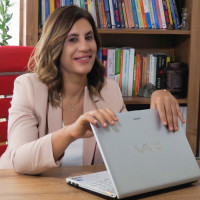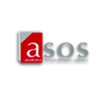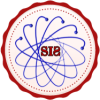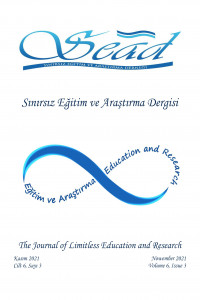Research Article
Aim & Scope
Journal of Limitless Education and Research (J-LER) is published with the purpose of supporting scientific studies such as education, teaching, research, methods, techniques and applications.
JLER aims to inform the readers about the innovations and developments in the field of education, to develop educational knowledge and practices, and to provide effective, useful, innovative and applicable ideas to improve the quality of educational institutions. In this process, priority is given to improving the field of education and research and disseminating professional knowledge.
With this understanding the aim of Journal of Limitless Education and Research is;
· To publish internationally qualified publications in the field of education,
· To give priority to scientific research and studies that will improve the field of education
· To support the dissemination of scientific studies involving new methods and techniques in education,
· To contribute to the development of educational science and increase its quality through qualified publications,
· To work on improving the education process in preschool, primary school, secondary school, high school, higher education, and non-formal education institutions,
· To contribute to educating qualified and equipped teachers who follow the innovations and developments in their profession and meet the criteria required by contemporary science,
· Providing professional development of teachers by showing that the results of scientific research is applicable in schools,
· To raise awareness of students and teachers about limitless education and research,
· To publish educational works that will contribute to the development of history, fine arts, culture, environment and natural riches in our country.
In the first year of its establishment, the Society of Limitless Education and Research has decided to publish the journal with the name of “Journal of Limitless Education and Research (J-LER)”. The primary purpose of the journal is to contribute to all aspects of education with an understanding of limitless education and research. In this process, it is important to make scientific researches and studies, to combine theory and practice in education, to use theoretical and applied knowledge in the field, to interpret, to produce new information and to publish them. In order to create a strong educational structure and increase the quality and efficiency of education, qualified publications are needed.
Author Guidelines
Ethical Principles and Publication Policy
Plagiarism Review Process
The similarity report is made by the author using similarity programs such as Turnitin, iThenticate and uploaded to the required section while the work is uploaded to the system.
Only "Exclude Bibliography" and "Exclude sources that are less than 5 words" settings should be used in the settings.
Studies with more than 25% similarity and more than 5% similarity as a result of the screening are not taken into preliminary evaluation.
Studies with a similarity rate of less than 25% are controlled in the following ways.
Whether or not a source is given at the end of each citation (in some cases, paragraphs quoted made of 4-5 sentences and a source is given only in the last sentence. In such cases the quoted expression must be enclosed in double-quotes and italicized.)
Whether or not resources are given in sections with similarity (in some cases the source is not given when it is quoted.)
Whether or not the similarity is the main source (in some cases quotations from different sources are quoted and references are made to the main source instead of giving them as transporters.)
The study will not be evaluated If there are block quotes in the study if the similarity references are not made or if the similarity is from a source other than the main source and there is no transfer statement.
Preliminary evaluation of the articles that pass these reviews is completed.
Any responsibility for ethical violations rests with the authors.
Ethics Committee Approval
According to the decisions taken by the relevant boards of TÜBİTAK ULAKBİM TR DİZİN, the authors of the articles other than the type of compilation to be applied in our journal for 2020;
Indicating and documenting the candidate article on the first-last page and in the method section of the candidate article (ethics committee name, decision date and number) for researches that require data collection by means of scale, questionnaire, interview, observation,
Information about the volunteer informed / consent form being signed is included in the article,
Presenting the proofs that ethical principles are taken into consideration in the data collection process (such as getting permission for the use of scale, questionnaire, documents of others) in the article,
The articles will be asked to indicate that research and publication ethics are complied with.
Price Policy
No copyright fee is to the author of the published articles.
Indexes
Citation Indexes
Other Indexes
Journal Boards
Owner

Editor in Chief
Editor in Chief


Philologist


Foreign Language Specialist




Editorial Board














Editorial Advisory Board










































































